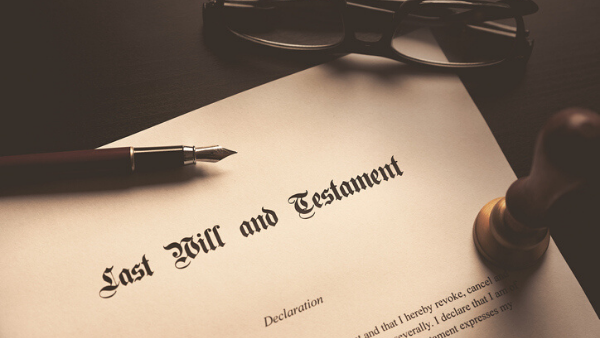Author
Although an easy task to put off, having a suitable, up to date and tax efficient Will in place is the keystone of estate planning. The Will, of course, provides a means for assets to be passed to future generations at the direction of the person making the Will (the testator), rather than being dictated by the default rules of intestacy that apply, where a person dies without a valid Will.
Accurate drafting
Often a farmer’s Will contains specific provisions about how the family farm should be divided between the next generation. Whilst such specific legacies provide certainty for the testator, there are potential drawbacks.
It is common for land to be described without sufficient clarity for executors to administer the Will easily; this can be solved with more accurate drafting. Another problem is that an overly specific Will can be inflexible, as the circumstances of the testator and the beneficiaries change over time. This can be addressed through the use of trusts.
Adult children
Many parents with children who have reached adulthood, and who may well have children of their own, will be happy for them to inherit outright. However, those assets will then form part of the children’s estates outright and will potentially be subject to Inheritance Tax at 40% on death, depending on the nature of the assets and the tax reliefs available at the time.
The assets will also be vulnerable to claims by third parties (other than HMRC), such as on divorce or bankruptcy. In contrast, assets put into a trust do not form part of the beneficiaries’ (ie the children’s) estates. The trustees can still make funds available for use by the beneficiaries and will be guided by a letter of wishes written by the testator, as to how they exercise their discretion and distribute funds.
A Will trust could potentially exist for up to 125 years, but equally could be wound up at any point before that as the trustees decide. Without the use of a trust structure there is no control over the devolution of the assets flexibly between generations, as part of an estate planning strategy, to preserve and grow the family’s wealth.
Accidents
Farm workers in particular might want to consider making sure their Will is up to date. The BBC reported last year that analysis of Health and Safety Executive (HSE) data showed that workers in the agriculture, forestry and dishing sector are more than 20 times more likely to be killed at work than the average for all other sectors combined. Although in total the construction sector accounts for the highest overall number of deaths, farming is the deadliest industry, when taking into account the number of workers in those sectors. About 360,000 people work in agriculture, around 1% of the total workforce, but the sector accounts for 20% of fatal workplace accidents.
Trust registration with HMRC
For trusts already in existence, trustees should be aware of a consultation started in January 2020 on proposals to extend the criteria for which trusts have to register with HMRC.
Trusts which have tax liabilities, already have to be registered with the Trust Registration Service (TRS), but in order to comply with the EU Fifth Anti-Money Laundering Directive, some trusts without tax liabilities are likely to have to register as well. It remains to be seen how wide the new criteria will be, but trustees who have not registered already should review their position when the new legislation is published. The consultation closes on 21 February. Failure to register could result in the trustees being fined for non-compliance.





